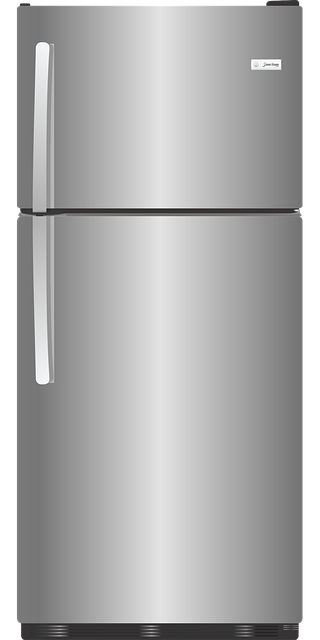 Your refrigerator is one of the hardest working appliances in your home. It runs day and night, keeping food safe and fresh. Because it never takes a break, it also consumes a significant portion of your household’s energy. Fortunately, a few simple steps can help your refrigerator operate more efficiently, reduce wear and tear, and save money on utility bills.
Your refrigerator is one of the hardest working appliances in your home. It runs day and night, keeping food safe and fresh. Because it never takes a break, it also consumes a significant portion of your household’s energy. Fortunately, a few simple steps can help your refrigerator operate more efficiently, reduce wear and tear, and save money on utility bills.
1. Set the Right Temperature
Keeping your refrigerator colder than necessary wastes energy without offering any benefit to food safety. The ideal temperature for the fridge compartment is around 37–40°F, while the freezer should be set at 0°F. These settings strike the right balance between preserving food and reducing energy use.
2. Check Door Seals Regularly
A worn or dirty door gasket allows cool air to escape, forcing the refrigerator to work harder. Close a sheet of paper in the door and give it a tug—if it slides out easily, the seal may need to be cleaned or replaced. Even a small air leak can cause unnecessary energy loss.
3. Allow for Proper Airflow
Refrigerators cool by circulating air around stored food. When shelves are overcrowded or vents are blocked, air can’t move efficiently. Keep items organized and avoid stacking them tightly against the back wall. Likewise, ensure there’s at least a few inches of space behind and above the refrigerator so the condenser coils can release heat effectively.
4. Clean the Coils
Dust and pet hair build up on condenser coils, often located behind or beneath the unit. Dirty coils reduce heat transfer and make the compressor work overtime. Unplug the refrigerator and gently vacuum or brush the coils at least twice a year. This one task alone can improve efficiency significantly.
5. Avoid Placing Near Heat Sources
If your refrigerator sits next to an oven, dishwasher, or in direct sunlight, it must work harder to maintain cool temperatures. If relocation isn’t an option, consider adding insulation on the warm side or improving ventilation around the appliance to reduce strain.
6. Be Smart With Food Storage
Placing hot leftovers directly into the refrigerator forces it to expend more energy. Allow foods to cool slightly before storage. At the same time, a refrigerator that’s completely empty is inefficient as well—cold items help stabilize internal temperatures. Aim for a balanced load.
7. Defrost When Needed
If your freezer isn’t frost-free, don’t let ice accumulate beyond a quarter inch. Heavy frost buildup insulates the coils and reduces efficiency. A timely defrost keeps cooling performance at its best.
Final Thoughts
Your refrigerator will likely be in service for well over a decade, and small habits can make a noticeable difference in its performance and longevity. By keeping up with simple maintenance and using smart storage practices, you’ll lower energy consumption, protect your investment, and keep your kitchen running smoothly.

Recent Comments